In the early 1990s, Mark and a friend began thinking about opening a small travel company to bring international tourists, especially Australians, to explore Vietnam. The idea was not approved by their relatives, most of whom were divided into two schools of thought: First, they did not think that traveling to a country that had just suffered so much after the war was a good idea. Second, they thought that the locals would be unfriendly to international tourists, especially those from the West.
"Everyone was wrong, the Vietnamese people are very hospitable and their optimism and humor are beyond imagination," said Mark.
Mark, who was born in Sydney, developed a deep connection with Vietnam after the first Qantas flight to Ho Chi Minh City in 1990, as part of a book project about the opening up of the Vietnamese economy . At that time, foreign visitors were required to present a “tourist permit” – obtained from local police stations. Even with the permit, visitors were only allowed to visit a limited number of sites.
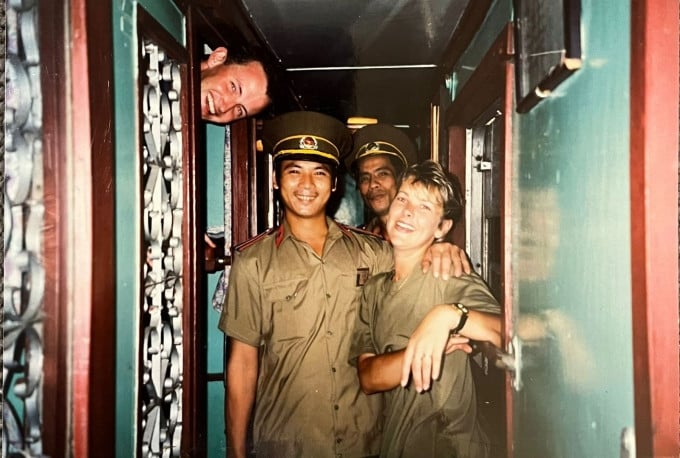
This trip inspired him to start a campaign to promote Vietnamese tourism to Western tourists. Mark used the slogan "Vietnam - after the rain, the sky is bright again", along with a picture of the poetic Huong River in Hue taken in 1990. The slogan shows what Mark wants to convey to tourists: Although there are still traces of war destruction everywhere, the upcoming journey is not to explore a gloomy Vietnam. Currently, if you go to Ho Chi Minh City, you can still see a giant version of the poster hanging at the Old Compass Cafe.
In 1993, despite opposition, he and his friends founded Travel Indochina - focusing on Indochina tours. One of the first tours the company offered was the 16-day "The New Vietnam" journey from Hanoi to Ho Chi Minh City on the Thong Nhat train.
The first trip began in March 1993 with 12 Australians. The tour was named so because Vietnam was entering a period of reform, everything was attractive and surprising to tourists. After decades of struggle, a better time with rapid change was ahead.
"The biggest impression on tourists is the image of a nation looking forward, full of optimism, although their hearts do not forget the pain of the past," he said.
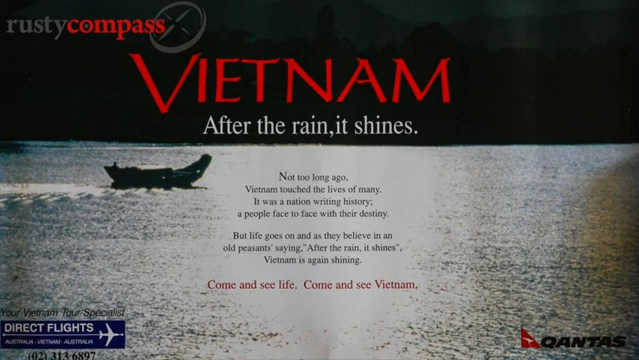
Vietnam was still one of the poorest countries in the world at the time. Mark remembers the roads as “very bad”, the quality of the hotels as average. Their hotel in Quang Ngai was not even finished. However, Mark did not hear any complaints from the 12 guests. They all thought it was a small price to pay to experience Vietnam at such a special time. In fact, the service industry at that time was unprofessional, but the Vietnamese people made up for it with their “warmth and special personality”.
The Reunification train was pretty basic back then – as most people imagine. But the locals made the experience all the more memorable. There were very few foreigners around at the time, so the presence of the Australians was noticeable. They held a small music party in the train compartment, and occasionally railway staff would stop by to join in the fun.
Mark said Australians had grown up in comfort and peace. They were well aware of the pain of the Vietnamese people after the war, especially when the US embargo was still in place. Therefore, they were really moved when they felt the pain the Vietnamese people went through when standing in front of the Son My Massacre Monument. They also visited the Cu Chi tunnels to hear wartime stories told by former guerrillas.
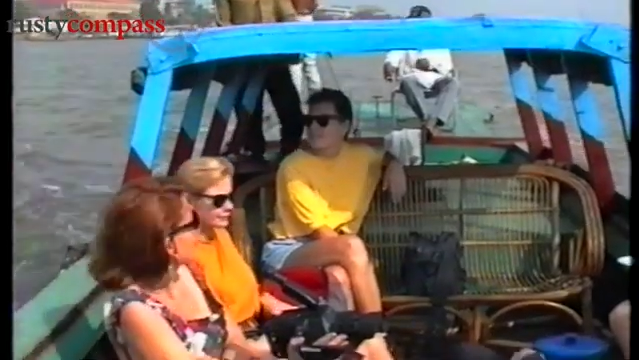
"War wasn't the only thing to discover, guests were also surprised by the Vietnamese people's passion for pop music and karaoke," Mark said, adding that they listened to many songs by Lobo and ABBA during the trip.
The Australian tour operator said they consulted a number of books about Vietnam to create unique experiences for their first trips such as Heroes by John Pilger. However, the limitation of that time is that the book's content mainly revolves around the Vietnam War and the American perspective. Vietnamese historical figures are mentioned quite briefly.
In 2006, Mark left Travel Indochina and founded Rusty Compass to offer tours that showcase the changing landscape of Asia. 30 years after the Reunification Train, Mark continues to run tours to explore Vietnam - inspired by those early tours but with many innovations.
"Vietnam by the Book" - a 16-day journey - is a typical example as it is based on three books including The American is quiet. by Graham Greene.
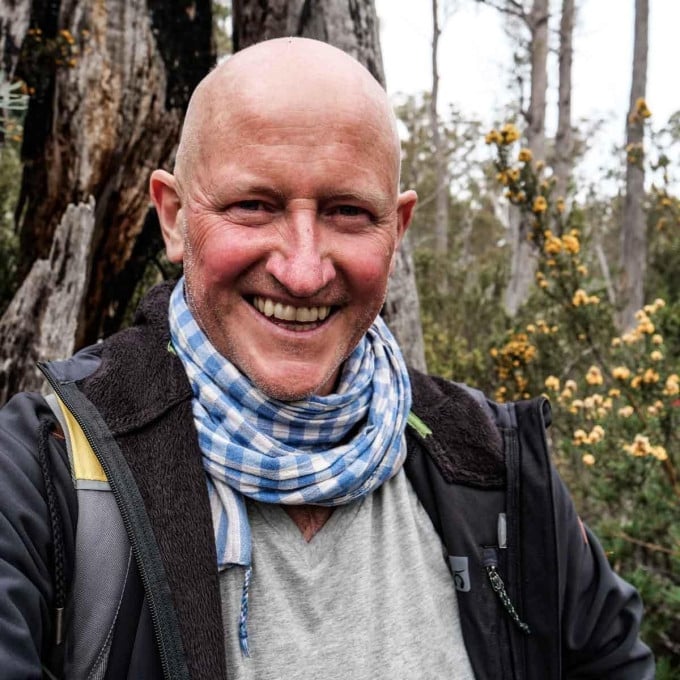
For Mark, Vietnam is a wonderful destination with cultural stories, history and beautiful landscapes. He loves this country so much that he can speak Vietnamese fluently. He believes that Vietnam tourism can develop even more if it focuses on honoring people and their stories, and less on concrete structures.
“Tourists are always curious and the challenge for us is how to bring them to explore cultural and historical stories in a deeper way,” he said.
Source: https://baoquangninh.vn/ong-tay-dan-loi-khach-nuoc-ngoai-den-viet-nam-thoi-moi-mo-cua-3355294.html


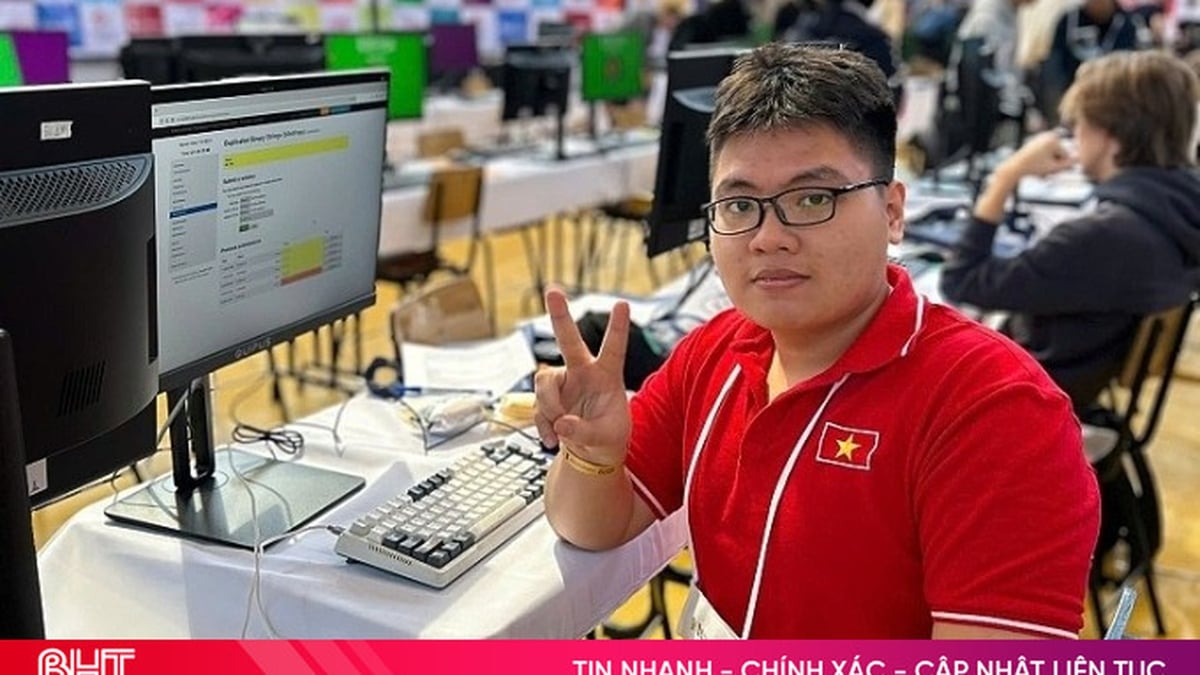
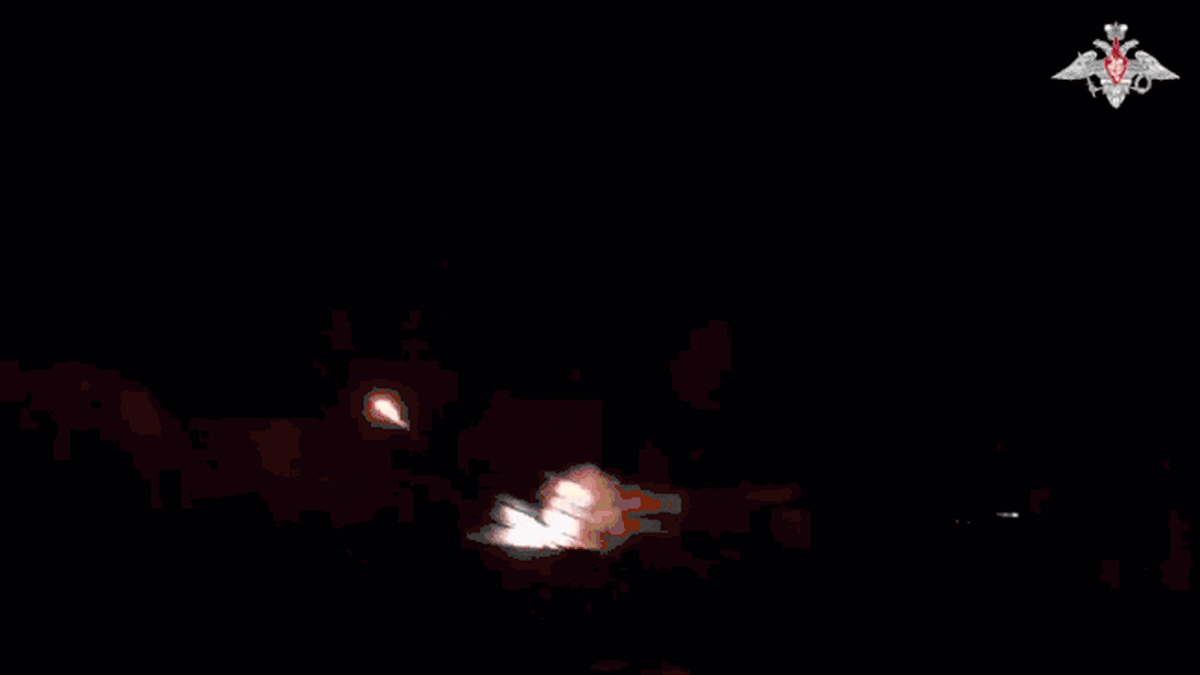
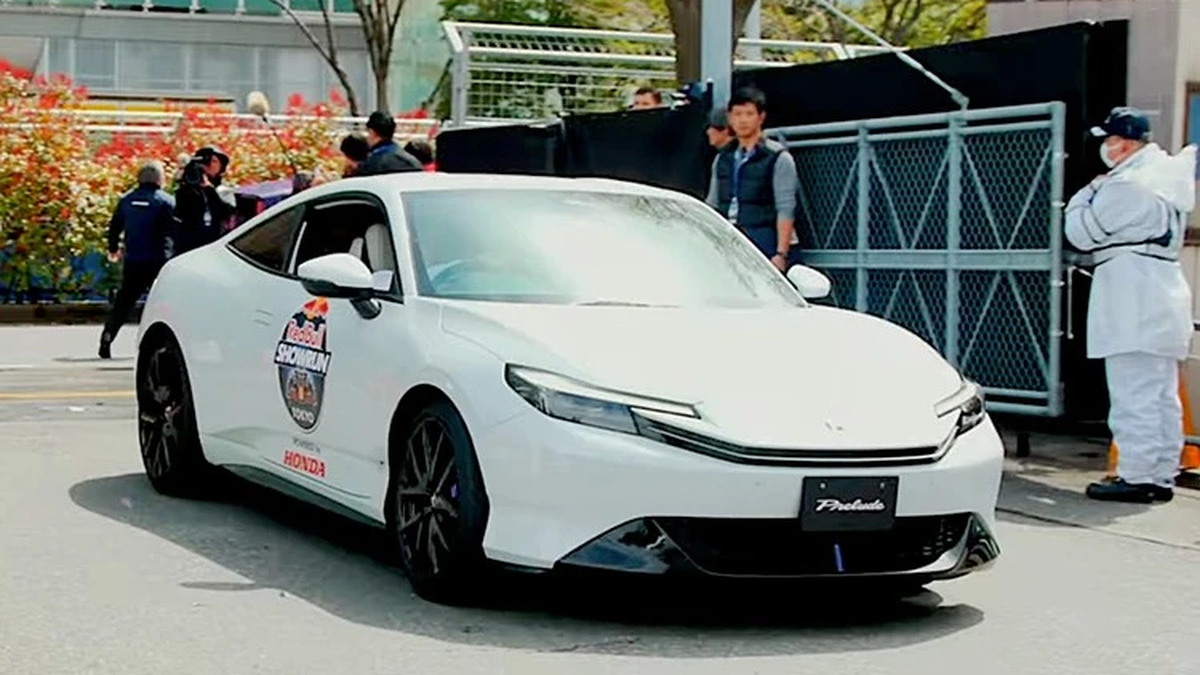
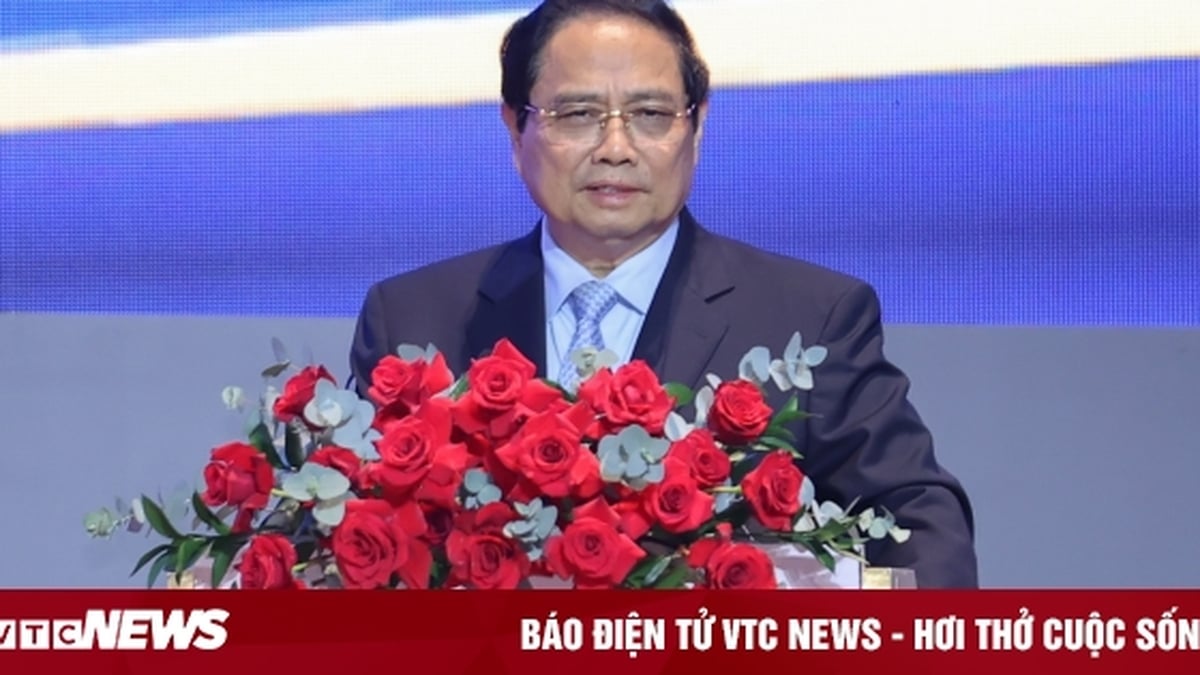
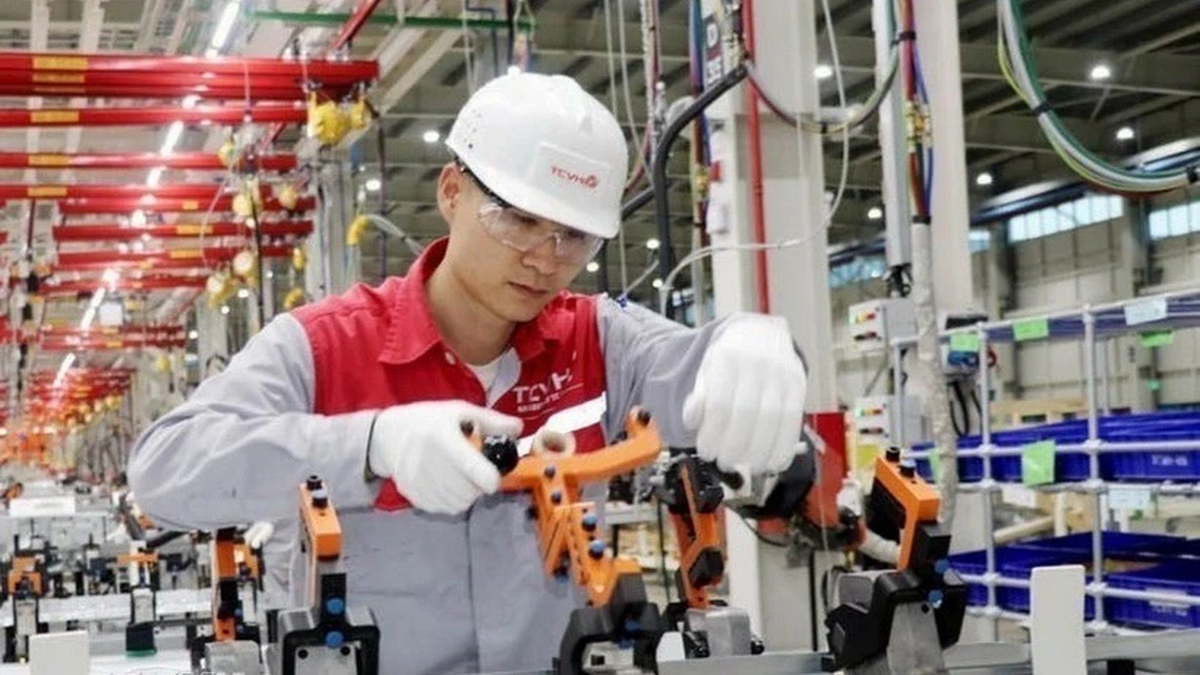
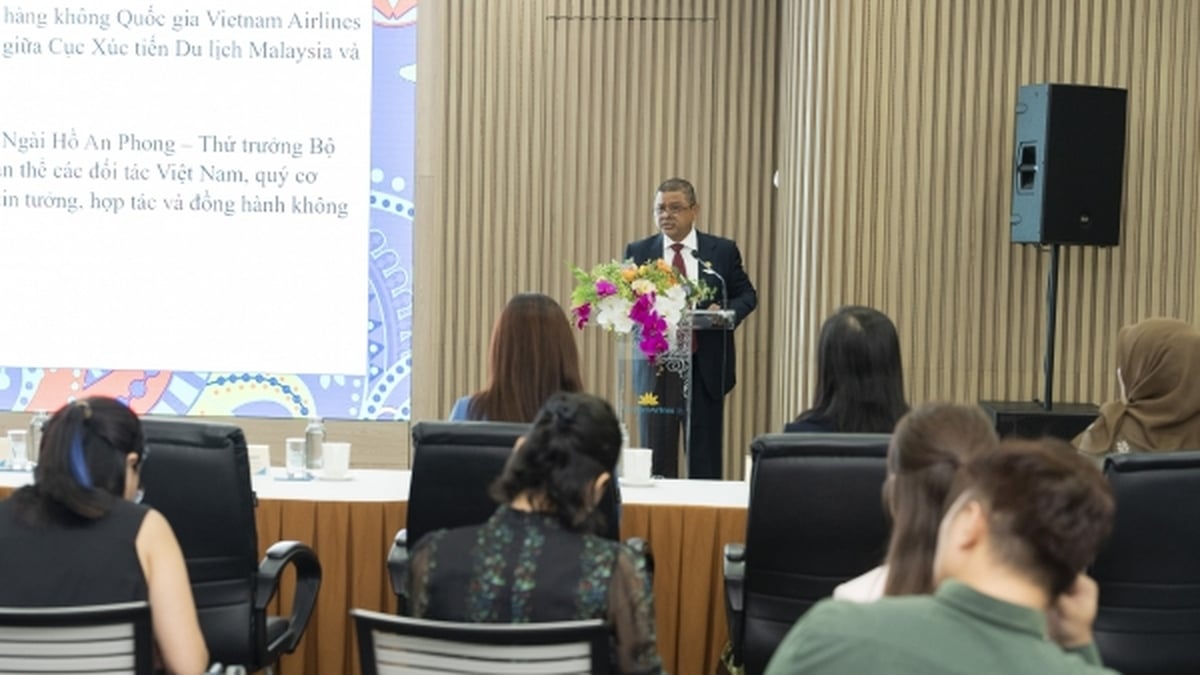

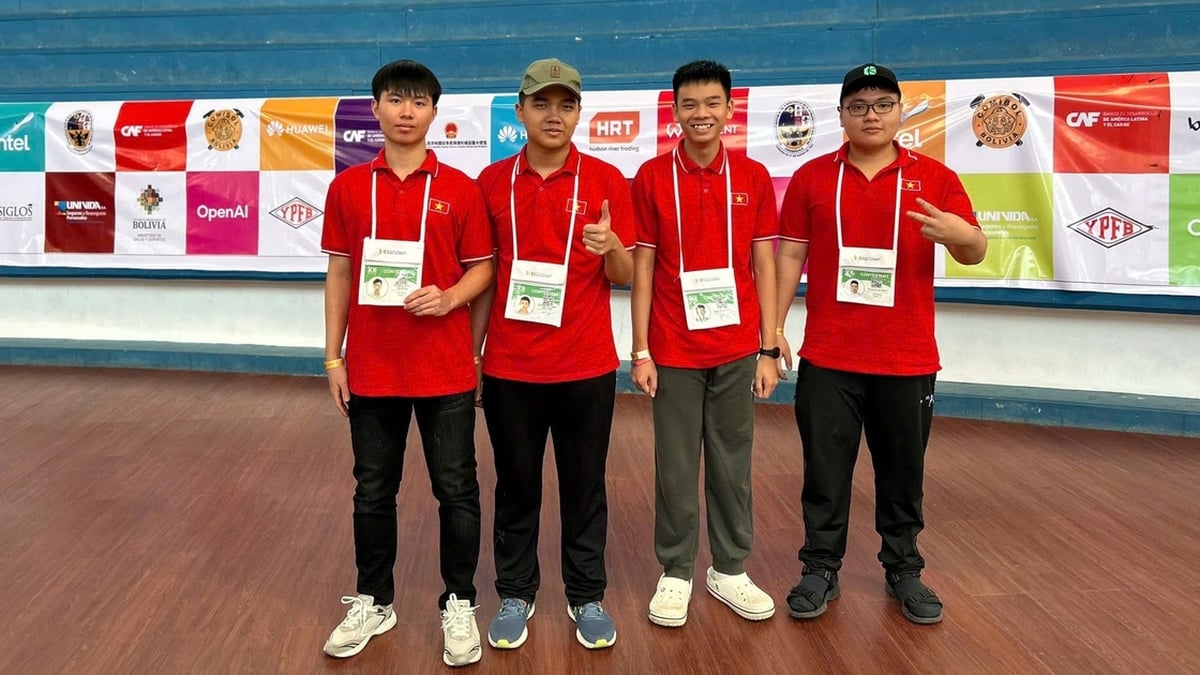
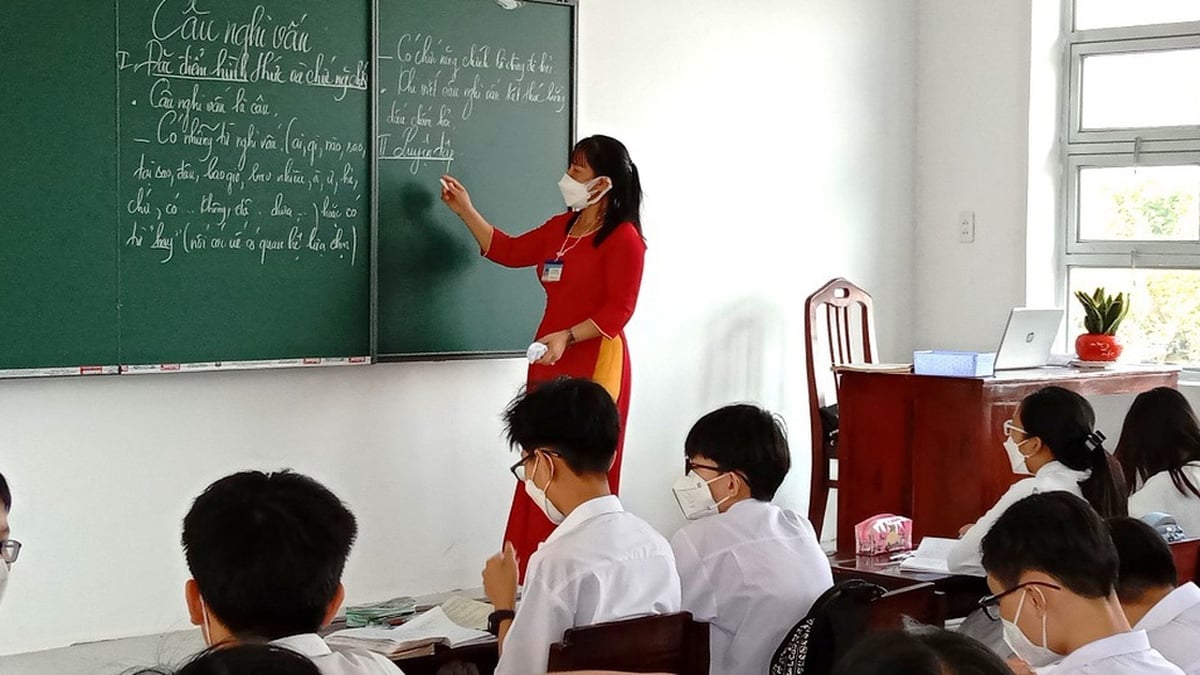
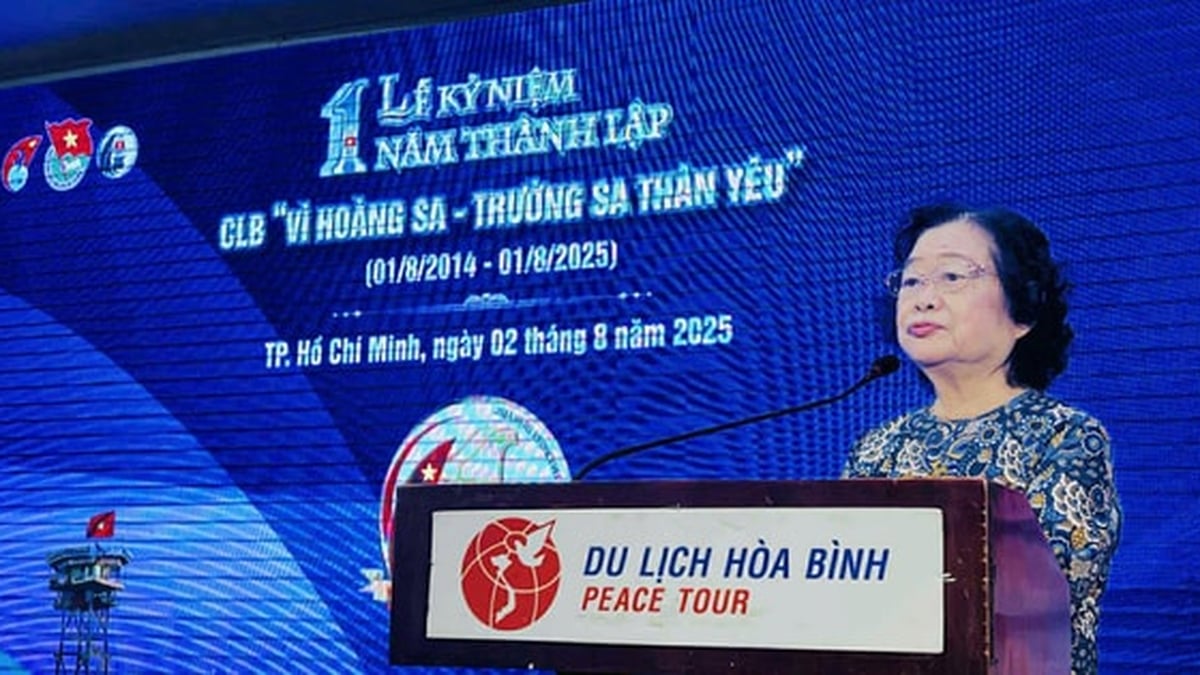



















































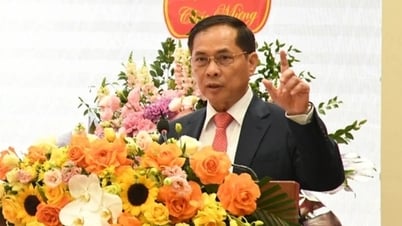



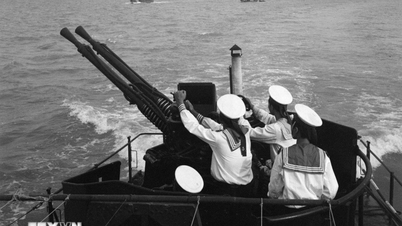

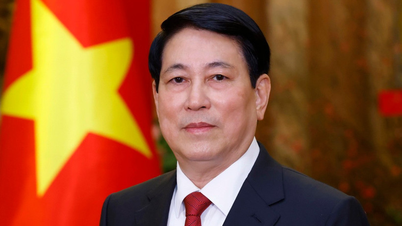
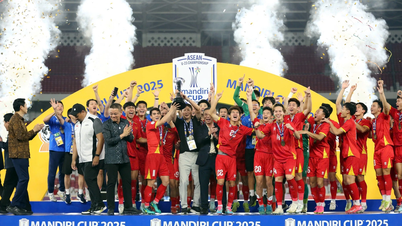
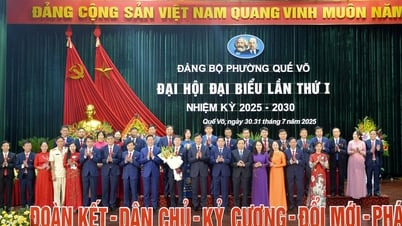

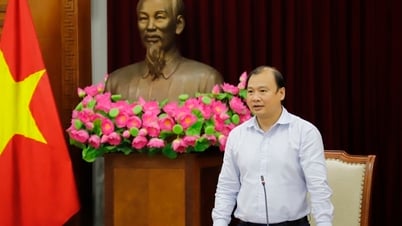

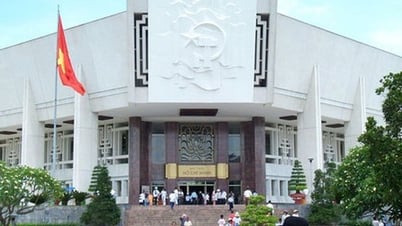


























Comment (0)